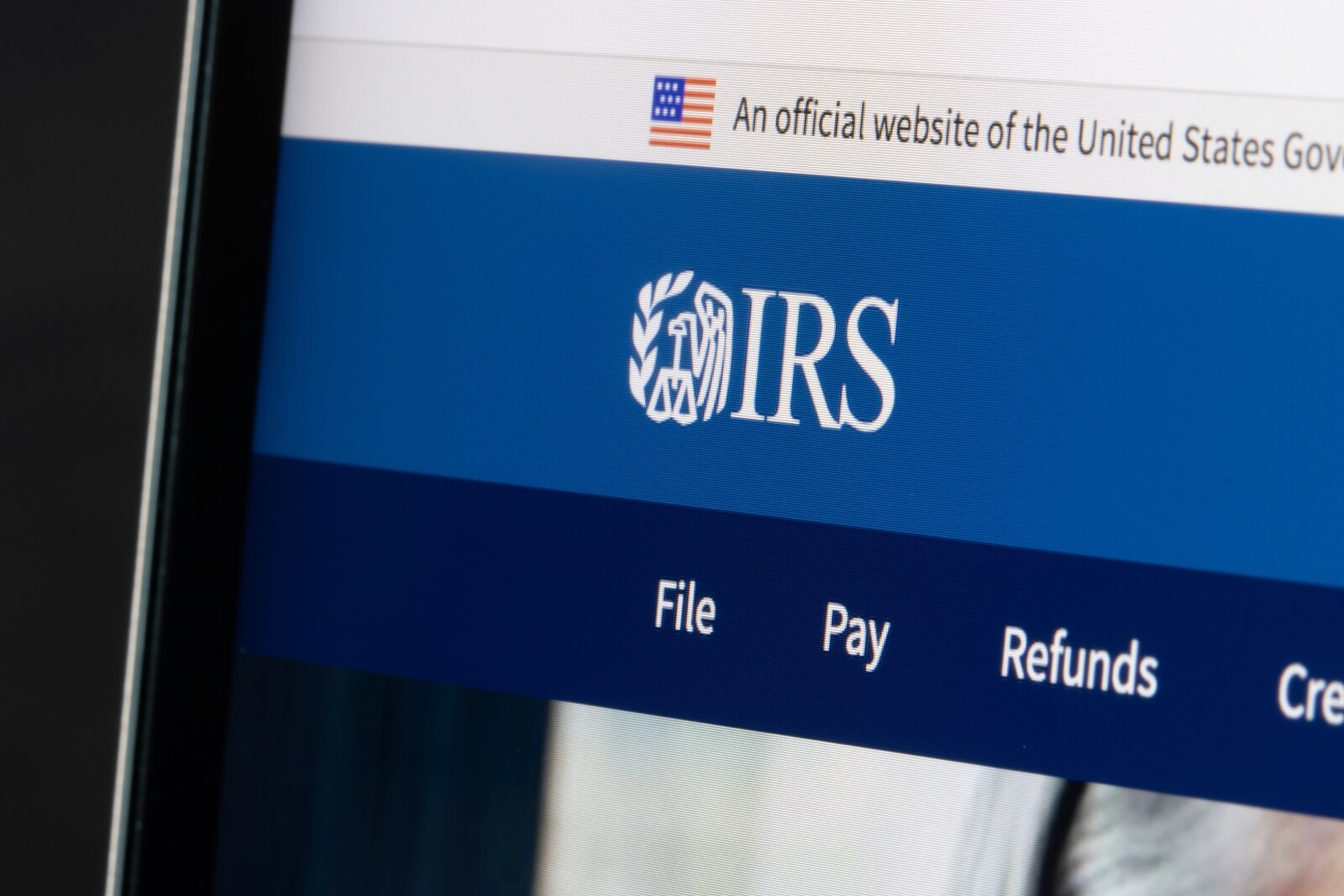Published Aug. 08, 2025 01:24AM EDT
The Tax Implications of Side Hustles and Freelancing
The gig economy is booming. Over an estimated 70 million people are working as freelancers in the United States. They launch side hustles to earn extra income or even replace traditional full-time work. While there’s no denying the flexibility and financial opportunities freelancing provides, it also comes with an undeniable challenge — taxes.
For those new to freelancing or running a side hustle, navigating taxes can be overwhelming. From understanding self-employment tax to keeping track of deductions, there’s a lot to learn. In this guide, Mid-Atlantic Law & Tax, PLLC breaks down everything you need to know about the tax implications of side hustles and freelancing, providing actionable steps to set yourself up for success.
Understanding Your Tax Obligations as a Freelancer
When you earn money as a freelancer or through a side hustle, the IRS considers you self-employed, which means you’re essentially your own boss. This distinction has big tax implications.
Unlike traditional employees, whose taxes are automatically withheld by their employers, freelancers are responsible for calculating, reporting, and paying their taxes. This includes two main types of taxes:
- Income Tax: Calculated the same way as for employees, based on your total earnings.
- Self-Employment Tax: A 15.3% tax to cover Social Security and Medicare contributions.
Because freelancers are both the “employee” and the “employer,” they’re required to pay the full 15.3%, whereas traditional employees only pay half, with their employer covering the rest.
It’s essential to keep detailed records of your income and expenses throughout the year to ensure you report everything accurately.
Gather and Report All Sources of Income
Freelancers often work with multiple clients, which means income comes from different sources. Instead of receiving a single W-2 like a traditional employee, freelancers commonly receive 1099-NEC or 1099-K forms from clients or payment services like PayPal or Venmo.
Important Points to Keep in Mind:
- Each client that pays you $600 or more should send you a 1099-NEC outlining the payments made during the year.
- Payments processed via third-party services may generate a 1099-K form. Recent IRS changes are gradually reducing the reporting threshold for these, so track every dollar you earn to stay compliant.
- Even if you don’t receive a 1099 form (i.e., for earnings less than $600 from a client), you are still required to report all your income.
Maintaining a comprehensive record of all payments will make tax filing much smoother.
Estimated Taxes: Paying as You Go
Freelancers and side hustlers are generally required to pay estimated taxes each quarter since taxes aren’t automatically withheld from their income.
How to Calculate and Pay Estimated Taxes:
- Estimate your total income for the year.
- Subtract deductions (we’ll cover this next).
- Calculate both your self-employment tax (15.3%) and income tax based on your tax bracket.
- Use Form 1040-ES to pay quarterly taxes online via the IRS payment portal.
Failing to pay estimated taxes on time can result in penalties, so make paying quarterly a habit.
Tax Deductions Every Freelancer Should Know
One of the perks of freelancing is the ability to deduct business expenses, which can lower your taxable income. The IRS allows deductions for expenses that are “ordinary and necessary” for your business.
Common Deductions Include:
- Business-Related Food: Meals with clients are typically 50% deductible if they are business-related.
- Travel and Lodging: If you travel for work-related purposes, you can deduct transportation, lodging, and even meals while traveling. Be sure your travel is directly tied to income generation.
- Office Expenses: Supplies, furniture, or software subscriptions are deductible if used exclusively for work.
- Required Equipment or Materials: Items such as cameras for photographers or art supplies for illustrators can be deducted.
- Phone and Internet Service: If you use your phone and internet for work, you can deduct the business-use percentage.
Keep detailed receipts and records to justify every deduction, as the IRS may ask for proof in case of an audit.
The Home Office Deduction: What You Need to Know
If you work from home, you may qualify for the home office deduction. This allows you to deduct expenses like rent, mortgage interest, and utilities for the portion of your home used exclusively for work.
Rules to Qualify:
- The space must be used regularly and exclusively for business.
- Shared spaces like dining rooms typically don’t qualify.
You can calculate this deduction using the simplified method ($5 per square foot, up to 300 square feet) or the actual expense method, which involves more detailed calculations.
Common Tax Mistakes to Avoid
Taxes can be tricky for freelancers. To avoid pitfalls, watch out for these common mistakes:
- Not Saving for Taxes: Set aside at least 25-30% of your income for taxes from the start.
- Failing to Track Expenses: Use bookkeeping tools like QuickBooks or Wave to stay on top of business expenses.
- Mixing Personal and Business Finances: Open a separate business bank account to streamline tracking.
- Ignoring Quarterly Taxes: Missing quarterly payments can lead to penalties.
Getting organized early will save you stress (and money) during tax season.
When to Seek Professional Tax Help
If taxes feel overwhelming, it might be time to consult a tax professional. Working with a legal professional can:
- Ensure you’re taking all eligible deductions.
- Help you avoid costly mistakes or penalties.
- Provide strategies to minimize your tax burden effectively.
A firm like Mid-Atlantic Law & Tax provides services that can guide you through complex tax issues, from navigating self-employment taxes to preparing deductions for home office expenses.
If you’re looking for more guidance, consulting a tax professional can provide clarity and peace of mind. Contact Mid-Atlantic Law & Tax to schedule a consultation.





